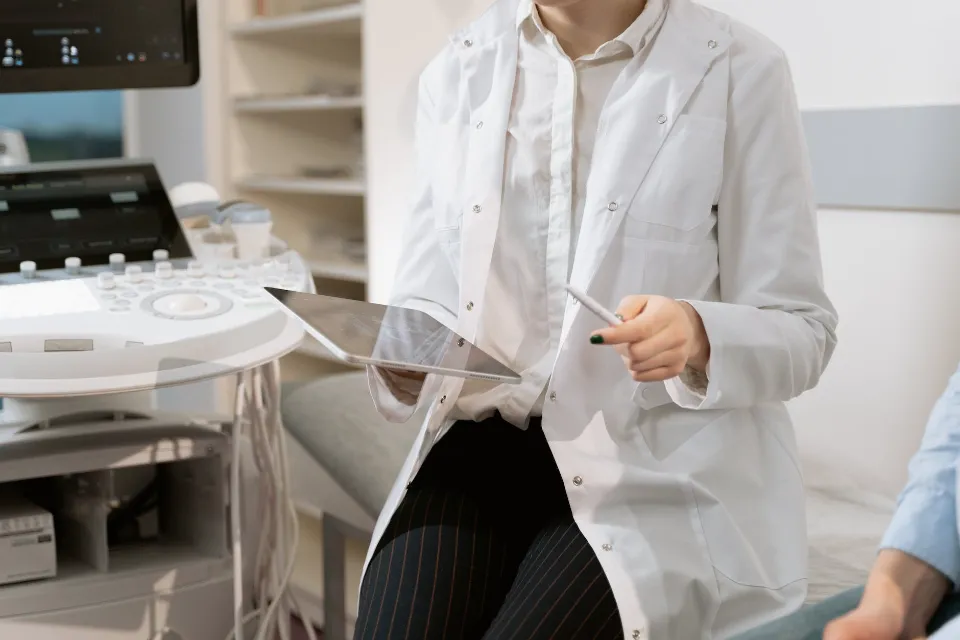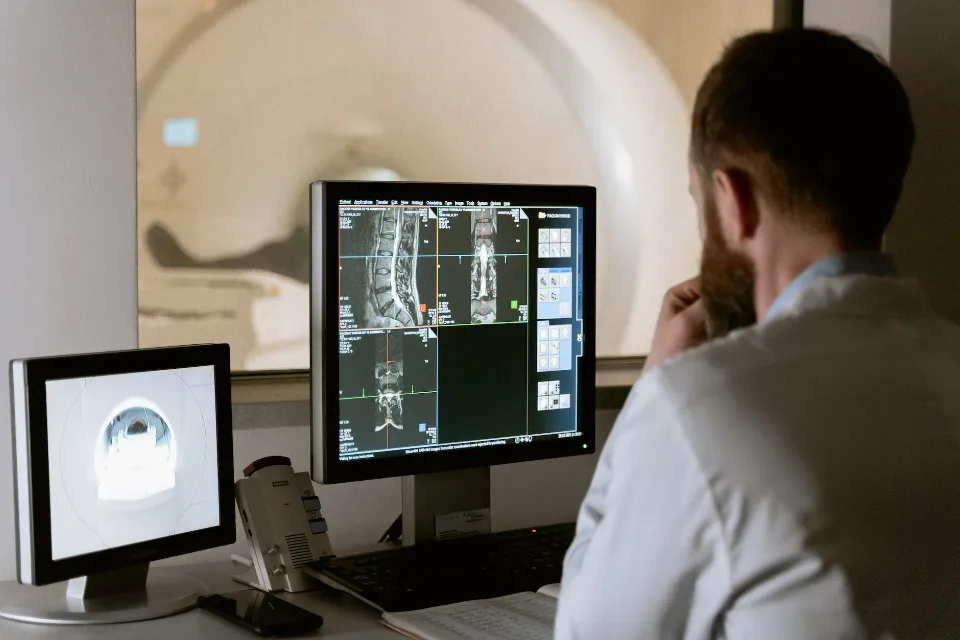A few weeks before surgery, patients begin to get ready for total knee replacement. Your surgeon will carry out a pre-operative plan, which includes a pre-operative evaluation, in addition to lifestyle modifications and medication. In order to decide whether you are in good enough health for total knee replacement surgery, your surgeon will need to compile all pertinent data.
Lab tests, diagnostics, and a comprehensive physical examination are all part of the preoperative evaluation. The evaluation’s findings help the surgeon determine your risk profile and foresee potential issues that might arise during the procedure. Additionally, it might lessen the possibility of early implant failure.
Prior to having knee replacement surgery, you must undergo the following tests.
Things to Prepare for before Knee Replacement Surgery
Appointments
Your preoperative appointments will be listed by the office assistant of your surgeon. In general, you’ll need to do the following before knee replacement surgery:
- Set up a surgery date with your doctor’s office assistant during a visit.
- During an office visit, discuss the risks of surgery with your surgeon.
- Make an appointment with your primary care physician and any specialists who are currently treating you if your surgeon requests it so that you can receive preoperative medical clearance.
- Visit our Prepare Program two to three weeks before surgery to plan for a smooth procedure and recovery. Your surgeon’s office will set up an appointment for you with a practice coordinator.
Dental Evaluation
Before undergoing surgery, significant dental issues must be resolved. A dental procedure may allow bacteria to enter your bloodstream and cause an infection that could travel to your artificial joint.
Prior to your knee replacement surgery, make sure to visit the dentist. In the two weeks prior to your scheduled surgery, let your surgeon know if you will require dental work.

Drugs and Supplements
- Seven days before the surgery: Stop taking all NSAIDs (nonsteroidal anti-inflammatory drugs), such as naproxen (Aleve), ibuprofen (Advil, Motrin) and aspirin. They prevent blood from clotting properly, which can lead to more blood loss during surgery.
- The Prepare Clinic and the physician who prescribed blood thinners (anticoagulant drugs) will decide how long before surgery you should stop taking them. These include dabigatran (Pradaxa), warfarin (Coumadin, Jantoven), enoxaparin (Lovenox), apixaban (Eliquis), and clopidogrel (Plavix).
- Stop taking the majority of supplements seven days prior to surgery. Glucosamine, fish oil, ginkgo biloba, vitamin E, and ginseng are a few examples. When you visit the Prepare clinic prior to surgery, you will go over this in detail.
Tests Are Done before Knee Replacement Surgery
Basic Physical Tests
In addition, your surgeon will perform a thorough physical examination that includes a review of your soft tissues to rule out any conditions that could cause an infection, an injury, or complications prior to surgery.
Your skin, circulation, ligament health, range of motion, patellar instability, and gait are typically examined as part of a comprehensive assessment of your soft tissues. Before having surgery, you should take care of any dental issues, such as gum disease, as there is a possibility that bacteria in your mouth could find their way to your joint.
Medical Record Review
Your medical history will be examined by your surgeon to check for any conditions that could make the procedure highly risky. Your eligibility for a total knee replacement may also be impacted by prior operations, an infection history, pre-existing chronic diseases, and current medications. In order to make sure the procedure is safe for you, your surgeon will thoroughly review your medical history.

Tests and Exams
The pre-operative evaluation for a total knee replacement also includes laboratory tests and image-guided exams. Patients usually undergo the following tests:
- Electrocardiography (EKG) to check for heart conditions
- Urinalysis to check for infection, diabetes, and other diseases
- CBC Blood Test to detect infections and screen for certain disorders
- Basic Metabolic Panel (BMP) for information on metabolic health, including blood glucose levels, electrolytes, and acid/base balance
- Albumin (Blood) Test to check for malnutrition and liver disease
- Erythrocyte Sedimentation Rate (ESR) Test to check for levels of inflammation in the body
- Prothrombin Time Test (PT) to check blood clotting time
To check for lung infections or disease, patients also have radiography exams done, such as a chest X-ray. It is also possible to perform imaging tests on the knee, such as X-rays, MRIs, or CT scans, which can identify bone defects and potentially affect the kind of implant that should be used during surgery. The selection of the right implant is essential for success.
What Not to Do Before Knee Replacement Surgery?
Smoking
Smoking can hinder the body’s ability to heal wounds and can make it more challenging for the body to fight off infections in the skin, tissue, and bones. Research has found that quitting smoking before surgery lowers your risk of complications.
Drinking Alcohol
You should abstain from alcohol before surgery in addition to some medications because it can increase bleeding and dehydrate you.
Excess Weight
Your risk of infection and other complications can rise if you are overweight. We will advise you to prepare for surgery by getting in shape, to the extent that you are able. However, we recognize that your current physical limitations are a part of the reason you might require knee replacement surgery.
Aim for a manageable, realistic weight loss goal and work toward achieving it by consuming fewer calories and engaging in regular physical activity.
Conclusion
Before having knee replacement surgery, there are a few tests that must be performed to assess your physical health. In addition to the tests that need to be done in the hospital, you need to control some of your personal requirements such as smoking and alcohol consumption problems so that your surgery can be performed properly.



